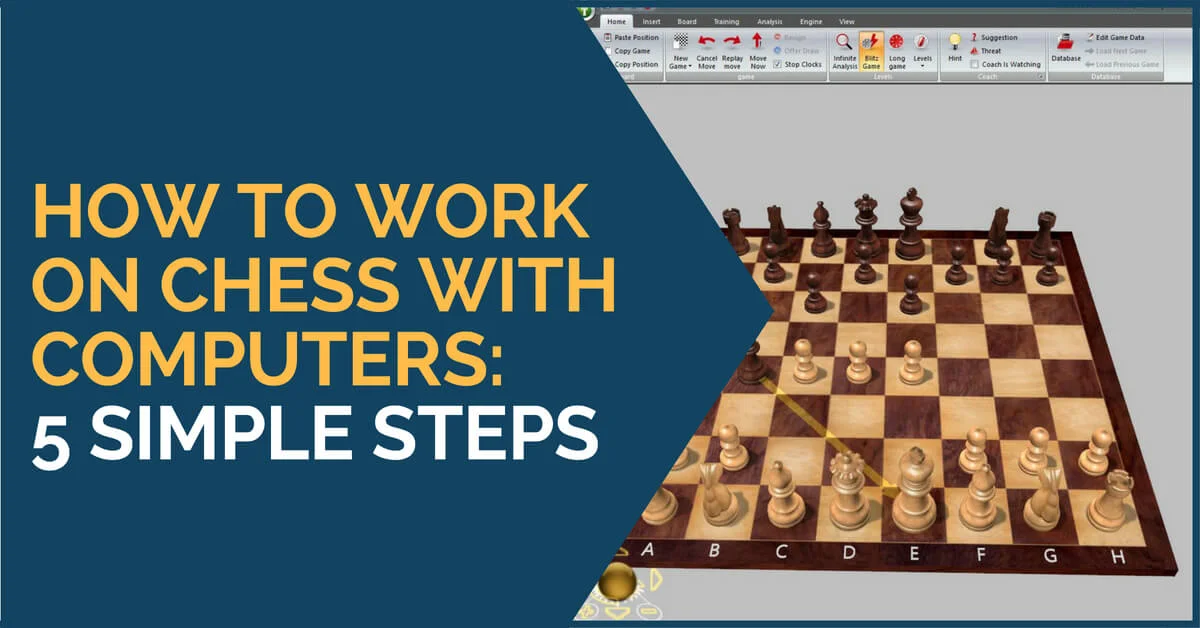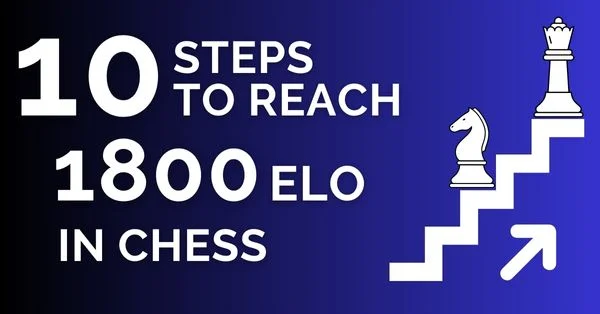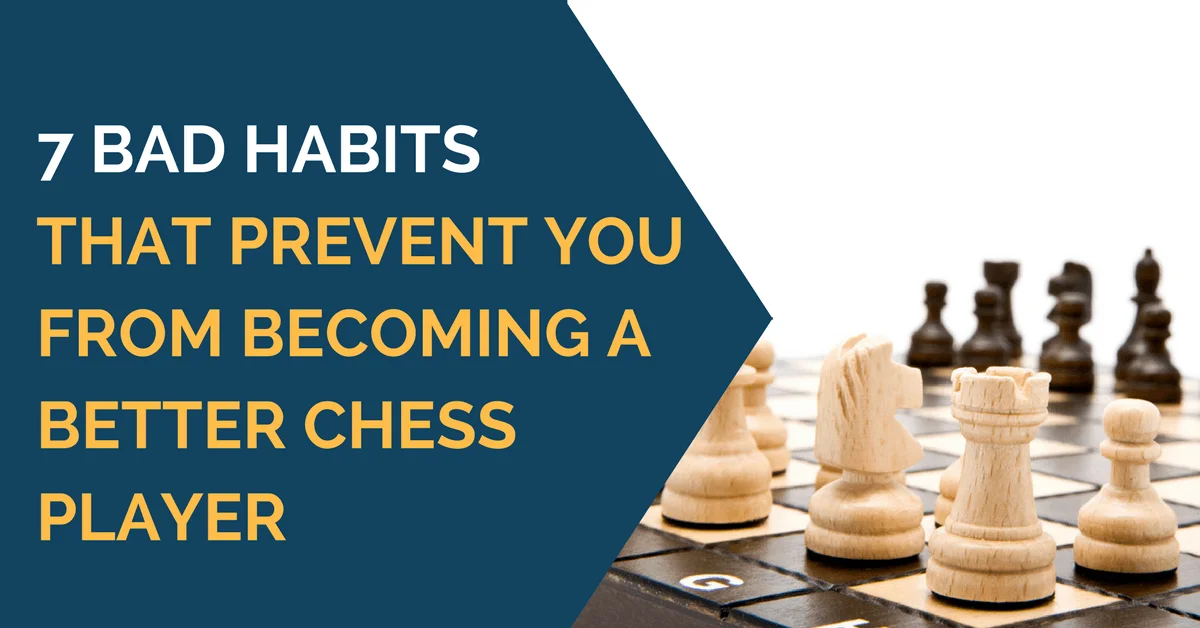How to Work on Chess with Computers: 5 Simple Steps

The importance of computers in modern chess is undeniable, but how important is it to you if you are in the 1900-2300 ELO range? I often get this kind of question from students who are quite addicted to the engine’s evaluation in almost every position. In this article, I will reveal my thoughts on working with computers and hopefully it will serve those seeking to make themselves better players.
In all honesty, I firmly believe you can earn certain (high) chess strength without being completely dependent on your engine/analysis. In my case, I’ve noticed that every day I use it less and less. It is more of a tool to check what’s wrong and what’s right instead of an artificial coach telling me what to play, and I like it that way.
So how to benefit from them? Here is a short list on how to use your engines:
1. To analyze your own games
This sounds like a cliché but really, it is perhaps the most important use you can give to your engine. However, there are a few points you have to know in order to make sure you are doing it well. First of all, going through your game with the engine already running is what most people do; this is not really analyzing your game.
You have to use your own thinking and ask the engine if you are right, or how wrong you were, afterward. You can also check for all the possibilities you thought during the game, and see where it takes you.
Needless to say that with the aid of the computer all this can be done in a considerably short time, unlike the old days where analyzing a game could take you hours, days even.
2. Accuracy
Petrosian once said: “trust, but double check”.
This is especially true when it comes to openings. Engines have a great impact in the openings, you can find novelties in almost any position and new ways to pose problems to your opponent if he is not as prepared as you.
However, as I said before, I rather use it just “to see” the evaluation of the theory and try possible developments. In other words, don’t spend weeks trying to refute the Najdorf with your engine, instead just check if that line you’ve chosen is rich enough in ideas.
3. Learn openings faster
If you are in the 1900-2300 area you shouldn’t be dedicating much of your time to openings. Studying openings is usually fun and exciting but in the practical sense, there isn’t much profit there. The computer allows easy access to hundreds of games of our favorite opening, or our favorite player in that opening.
In my opinion, this is much more productive and practical than playing through an opening book pretending you will remember every single line during your game. Try this method instead, it worked well for many.
4. Preparation
It is necessary to be prepared during your tournament games, not only in the obvious way of knowing your book but in a more intelligent way, to study your opponent. Not many players do this but I think it’s useful.
It’s a great feeling of satisfaction when you look at your opponent’s games and develop a clear understanding of his playing style and then go to the game and predict most of his decisions.
Of course, it can’t be done with everyone but it is worth trying.
5. Study by yourself
Surprisingly not everyone pays attention to this and I believe it is an extremely important factor – use it to collect your games, analyze them, see your most typical errors, your strengths. It’s all about working on yourself, and for that, you need to look in the mirror and be your most harsh critic.
In conclusion, I think computers are useful when used in an intelligent way. Basically, try to avoid the temptation of replacing your brain’s duty with the commodity of the silicon genius. If there is a complex position think about it first, ask later.
Thank you all for reading and feel free to share this article.










Comments: